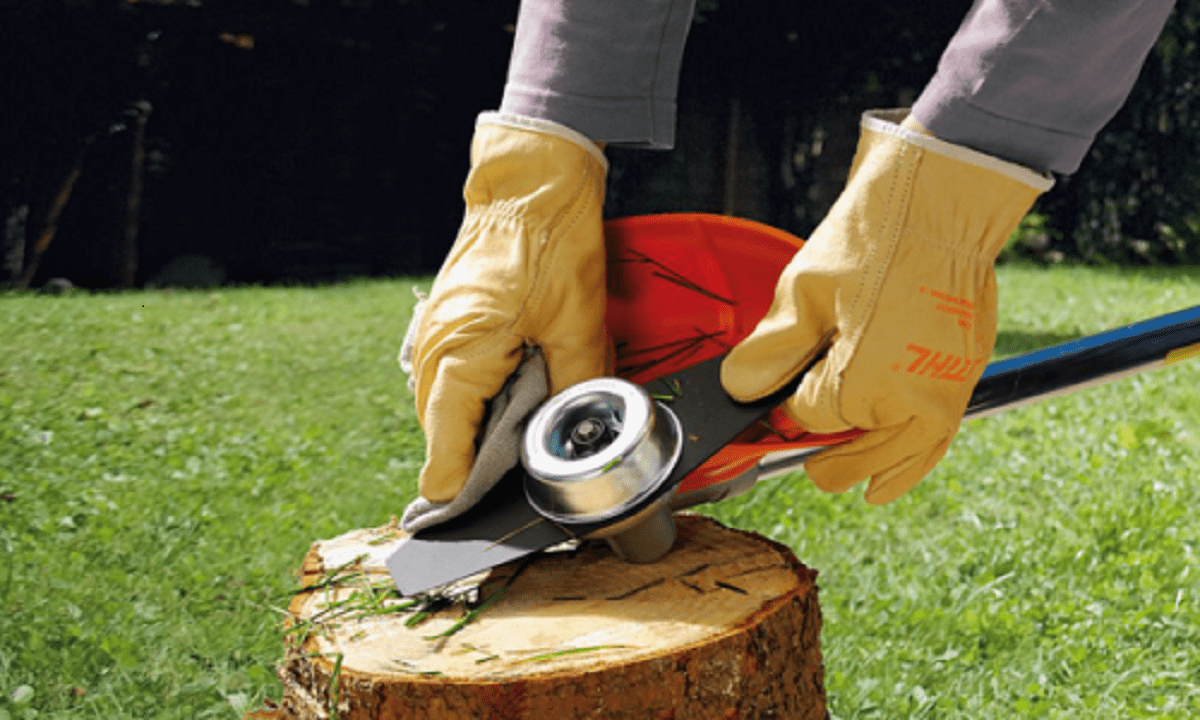Farming has evolved significantly over the centuries, from manual labor and basic hand tools to the sophisticated machinery we see today. One of the key advancements in this evolution has been the transition from plows to tractors. As technology continues to reshape the agricultural landscape, maintaining these essential farm tool and equipment becomes increasingly crucial. In this blog, we’ll explore the historical journey from plows to tractors and delve into the importance of proper maintenance for these modern marvels.
- The Evolution of Farming Tools:
a. Plows: Historically, plows were the backbone of agriculture, pulled by animals or even humans. These simple yet effective tools helped break and turn the soil for planting.
b. Mechanical Plows: With the advent of the Industrial Revolution, mechanical plows powered by steam engines became prevalent, significantly increasing efficiency.
c. Tractors: The 20th century brought about the era of tractors, revolutionizing farming by providing a more powerful and versatile means of mechanized cultivation. Tractors have since become indispensable for modern agriculture.
- The Role of Tractors in Modern Farming:
a. Versatility: Tractors are multifunctional, used for plowing, planting, harvesting, and transporting goods. Their adaptability has made them an integral part of large-scale and small-scale farming operations alike.
b. Increased Efficiency: Tractors are more powerful and faster than traditional plows, enabling farmers to cover larger areas in less time. This efficiency is crucial for meeting the demands of a growing global population.
- Importance of Farm Tool Maintenance:
a. Enhanced Performance: Regular maintenance ensures that farm tools, especially tractors, operate at peak efficiency. This, in turn, leads to increased productivity and cost-effectiveness.
b. Extended Lifespan: Well-maintained tools have a longer lifespan. Given the significant investment involved in acquiring tractors and other modern farm equipment, proper maintenance is a prudent financial decision.
c. Reduced Downtime: Breakdowns and repairs can result in significant downtime during critical phases of the farming season. Routine maintenance minimizes the risk of unexpected failures, allowing farmers to keep operations running smoothly.
- Key Maintenance Practices:
a. Regular Inspections: Conduct routine inspections to identify and address any issues before they escalate. Check for wear and tear on components, fluid levels, and potential leaks.
b. Oil and Lubrication: Proper lubrication is essential to prevent friction and wear. Regularly change oil and lubricate moving parts according to the manufacturer’s recommendations.
c. Cleaning and Storage: Clean equipment after use to prevent the buildup of dirt and debris. Store tools in a sheltered environment to protect them from the elements.
d. Training and Education: Ensure that farm personnel are well-trained in the operation and basic maintenance of the equipment. Knowledgeable operators are better equipped to identify and address potential issues.
- Conclusion:
As we reflect on the journey from plows to tractors, it’s evident that advancements in farm tools have played a pivotal role in shaping modern agriculture. However, the responsibility of maintaining these tools rests squarely on the shoulders of the farmers.
